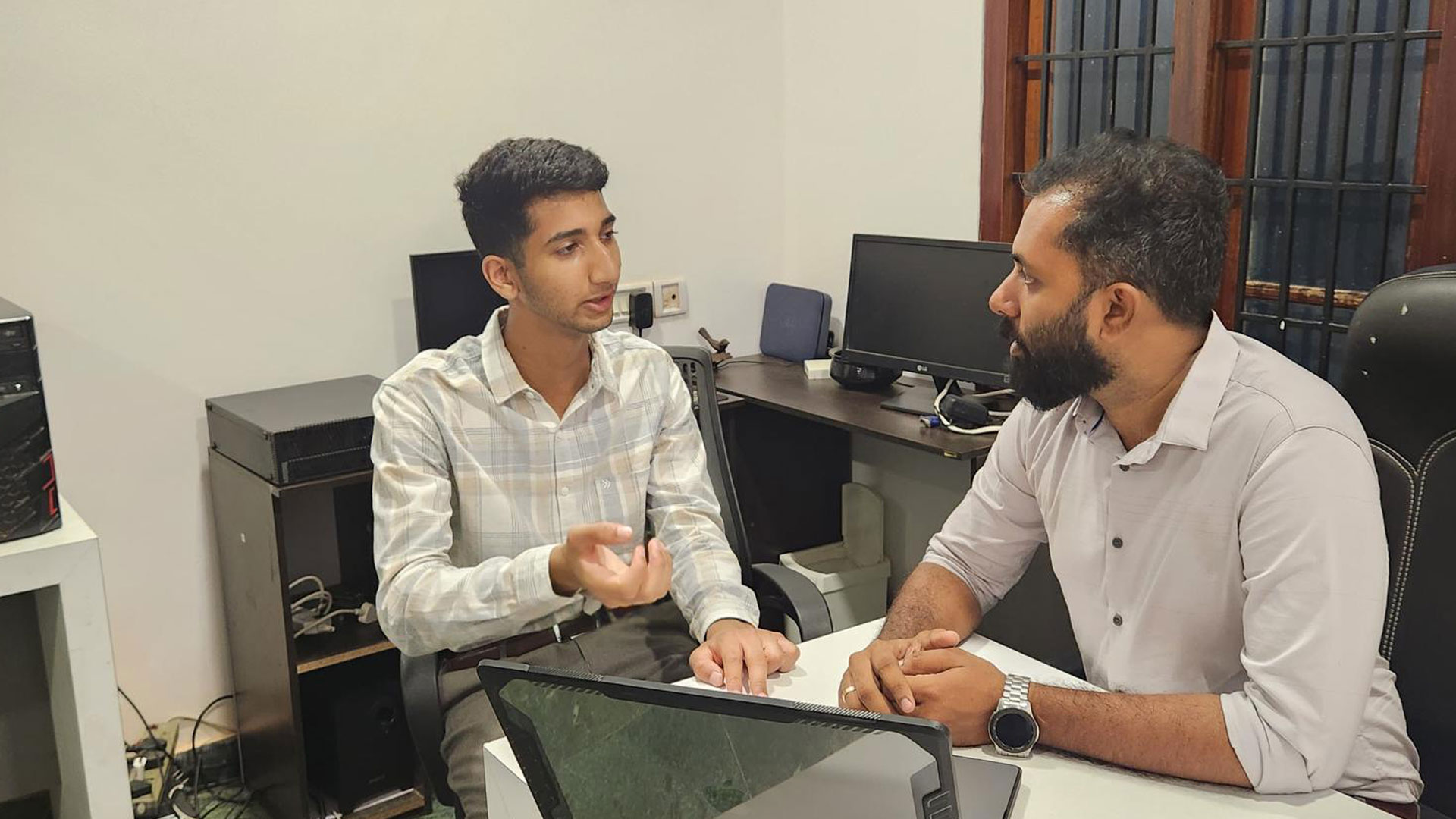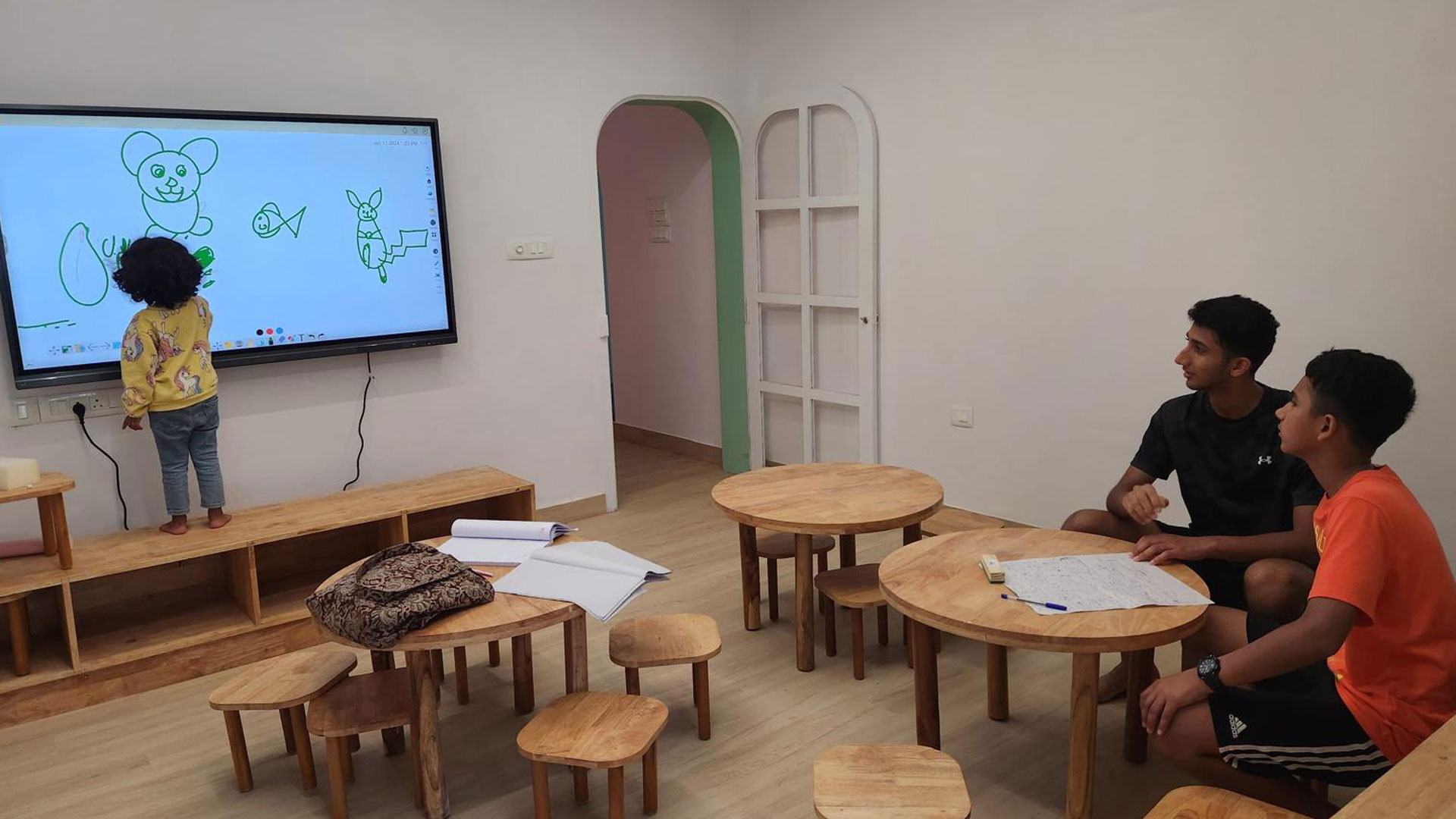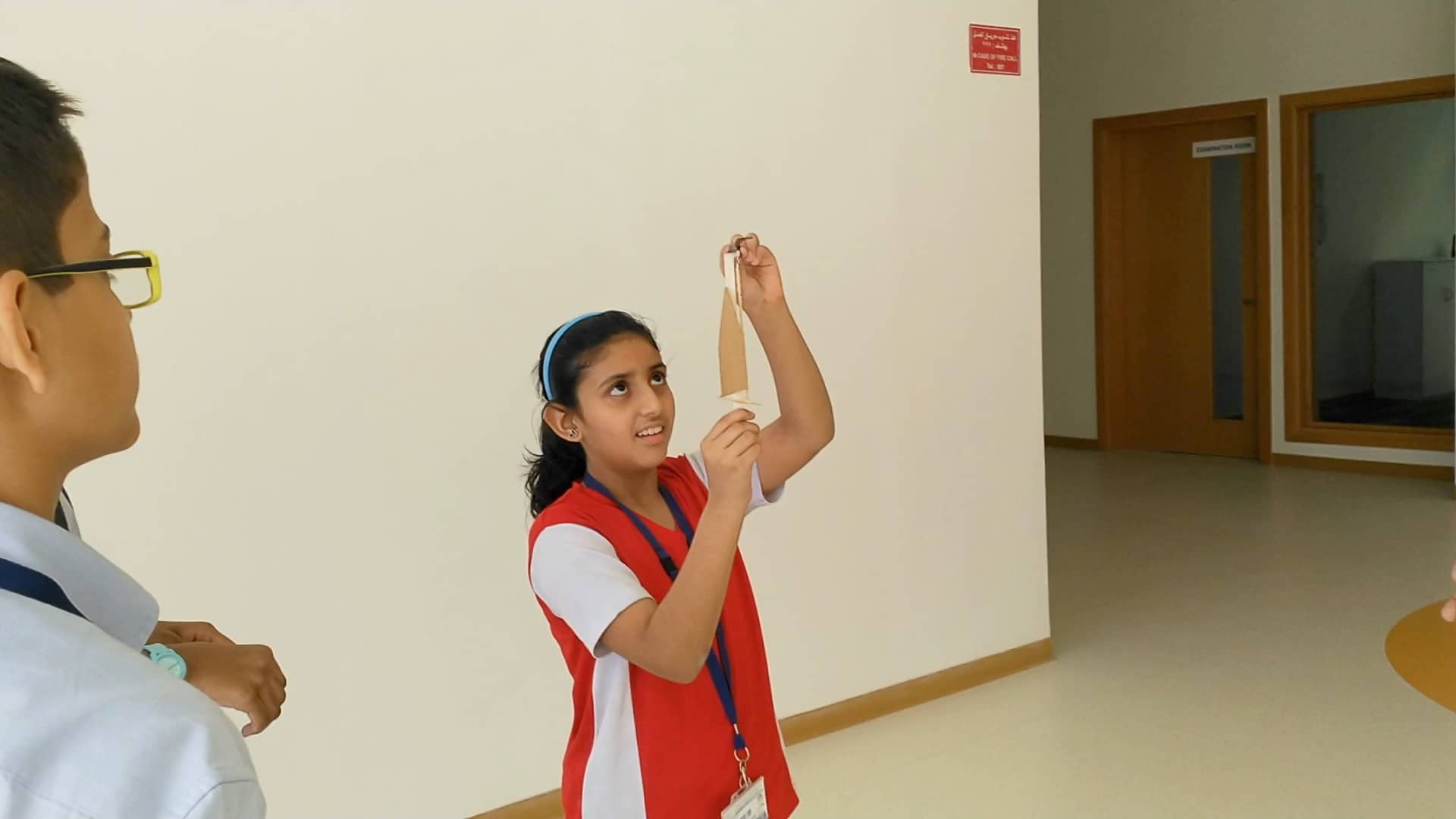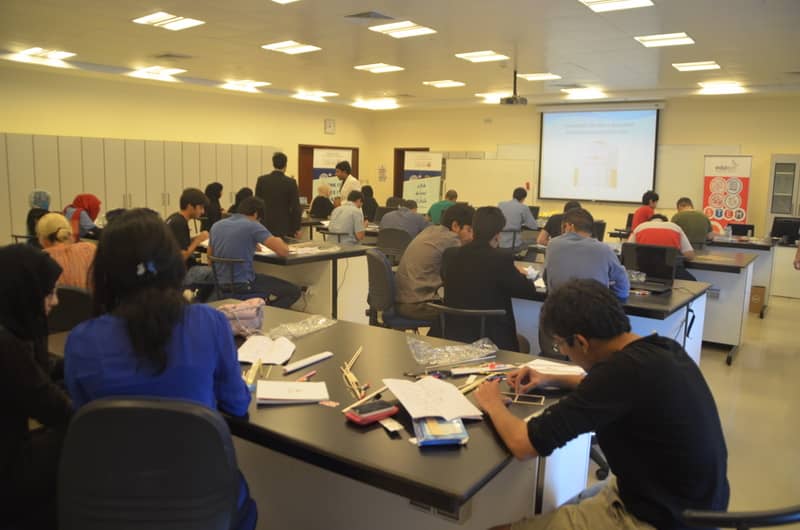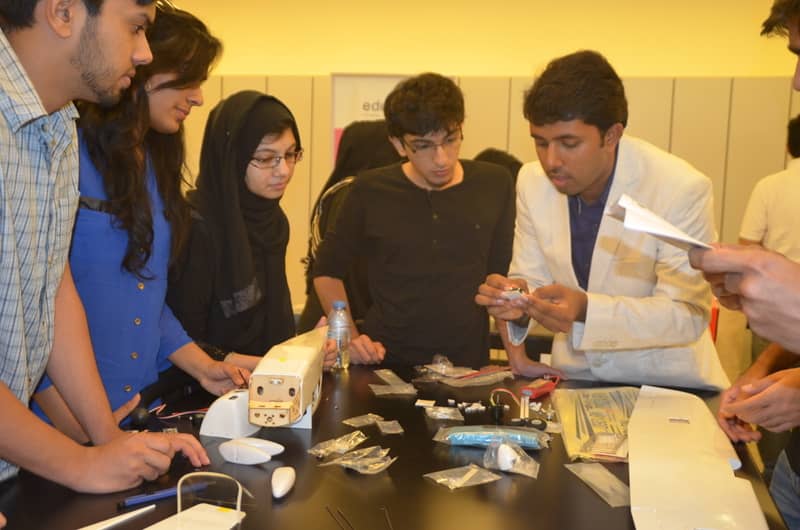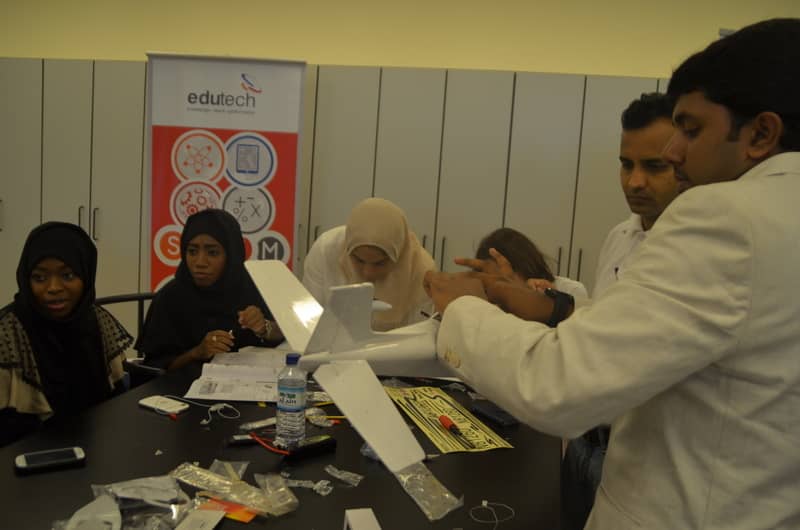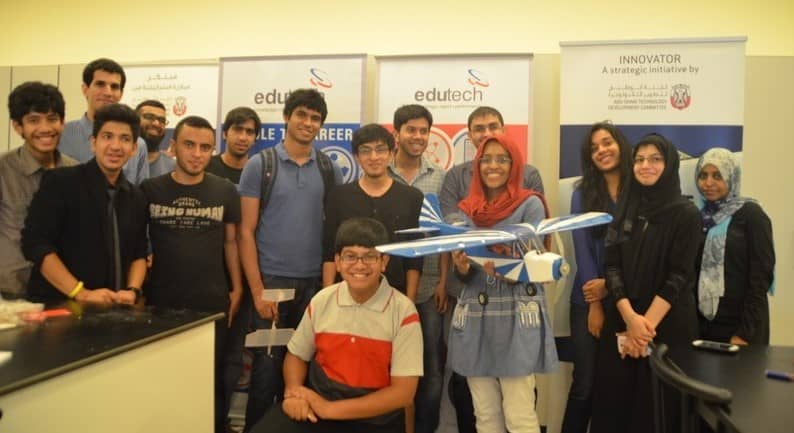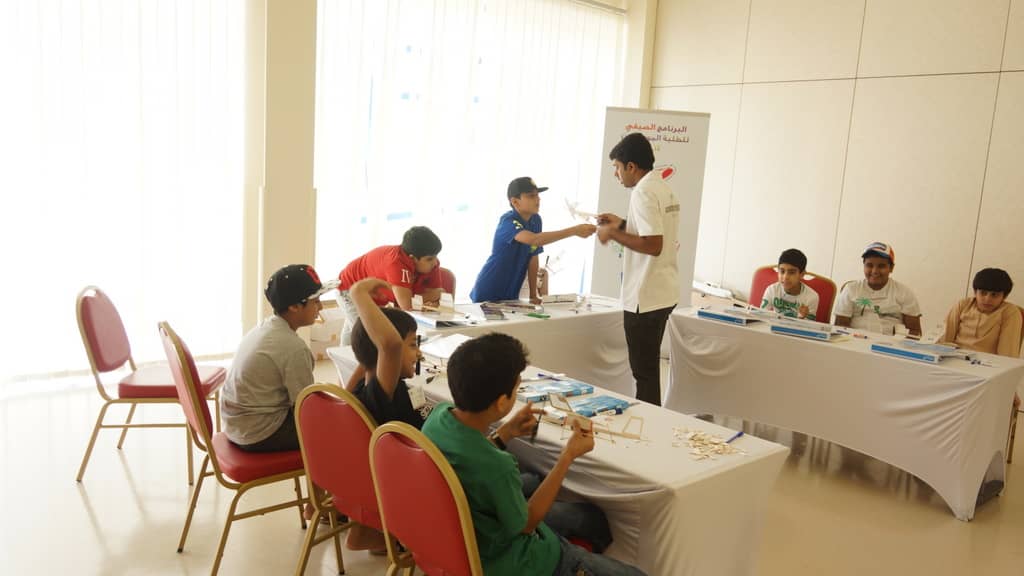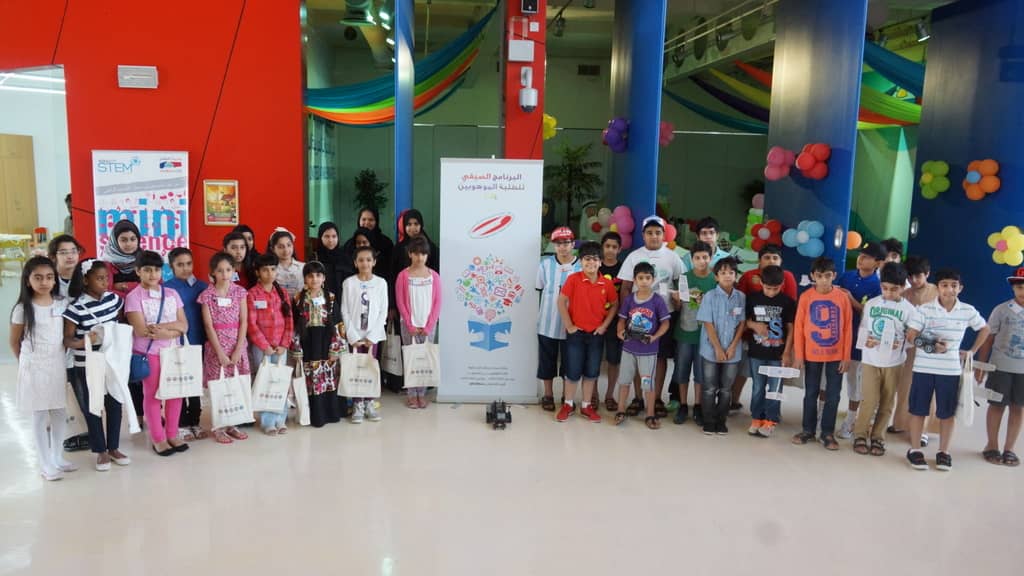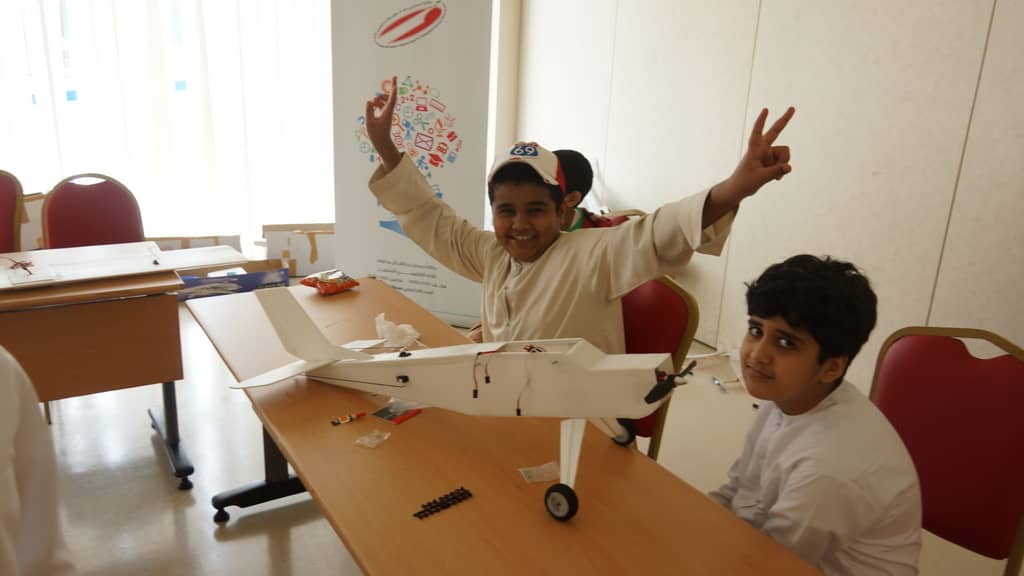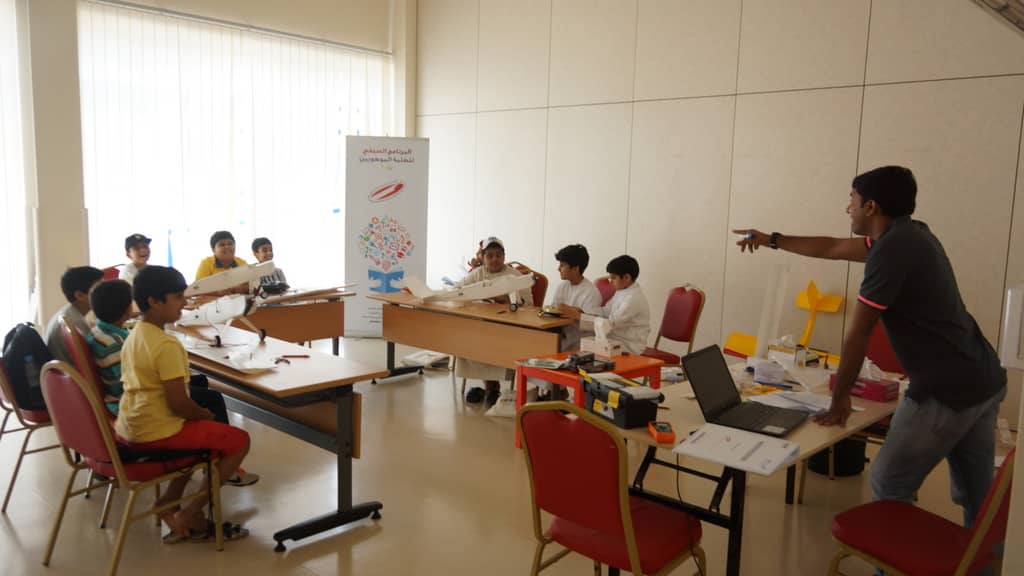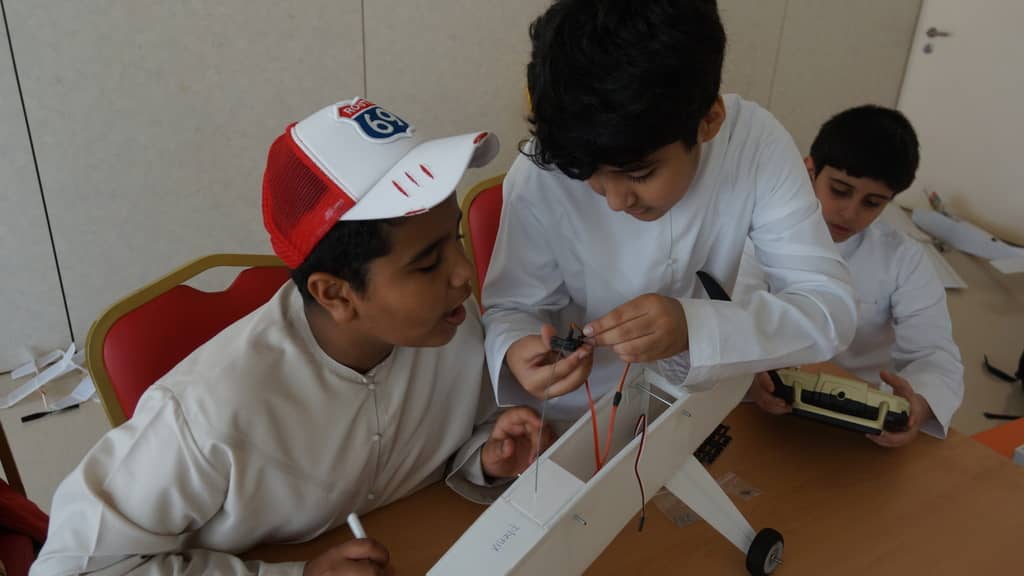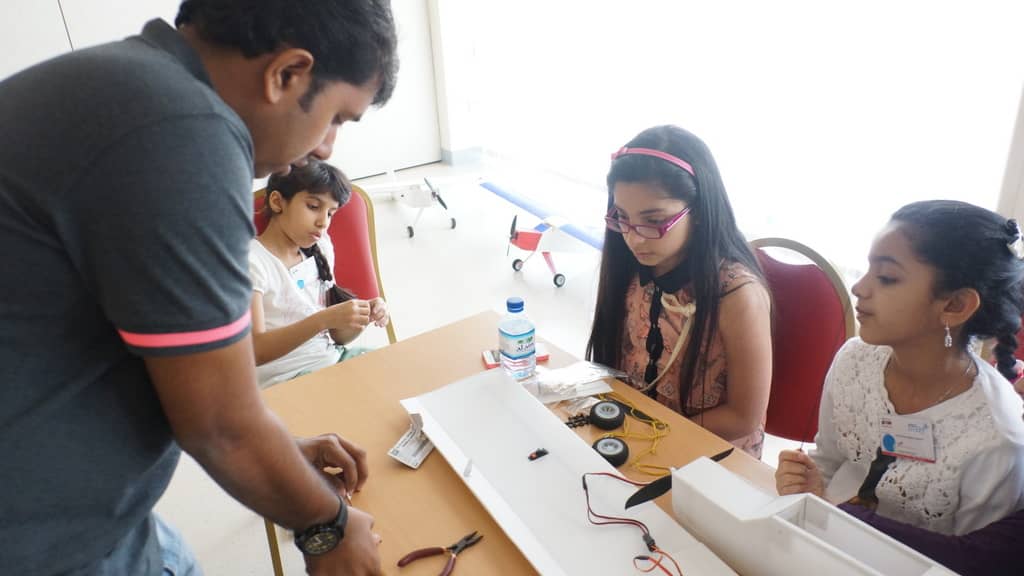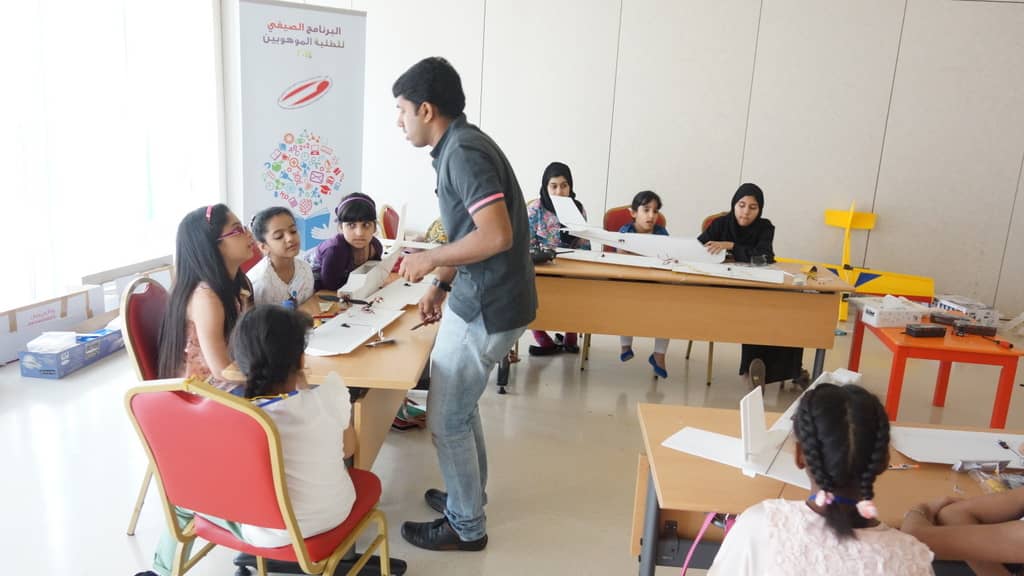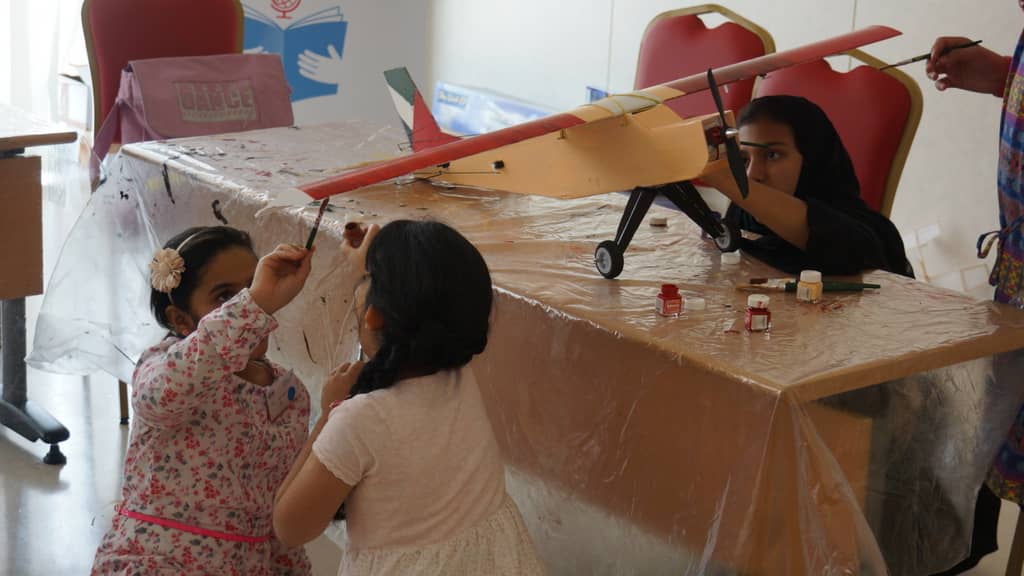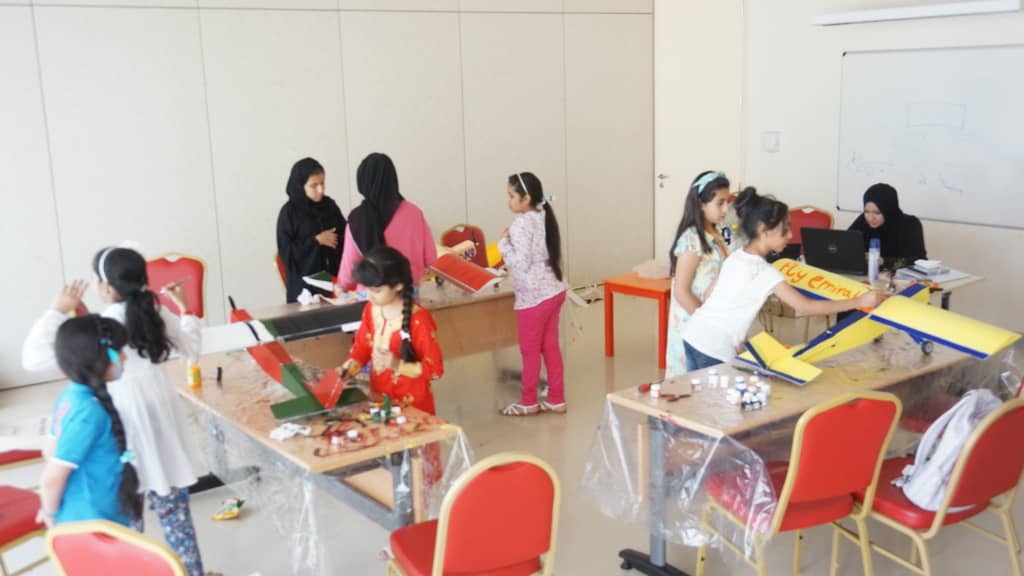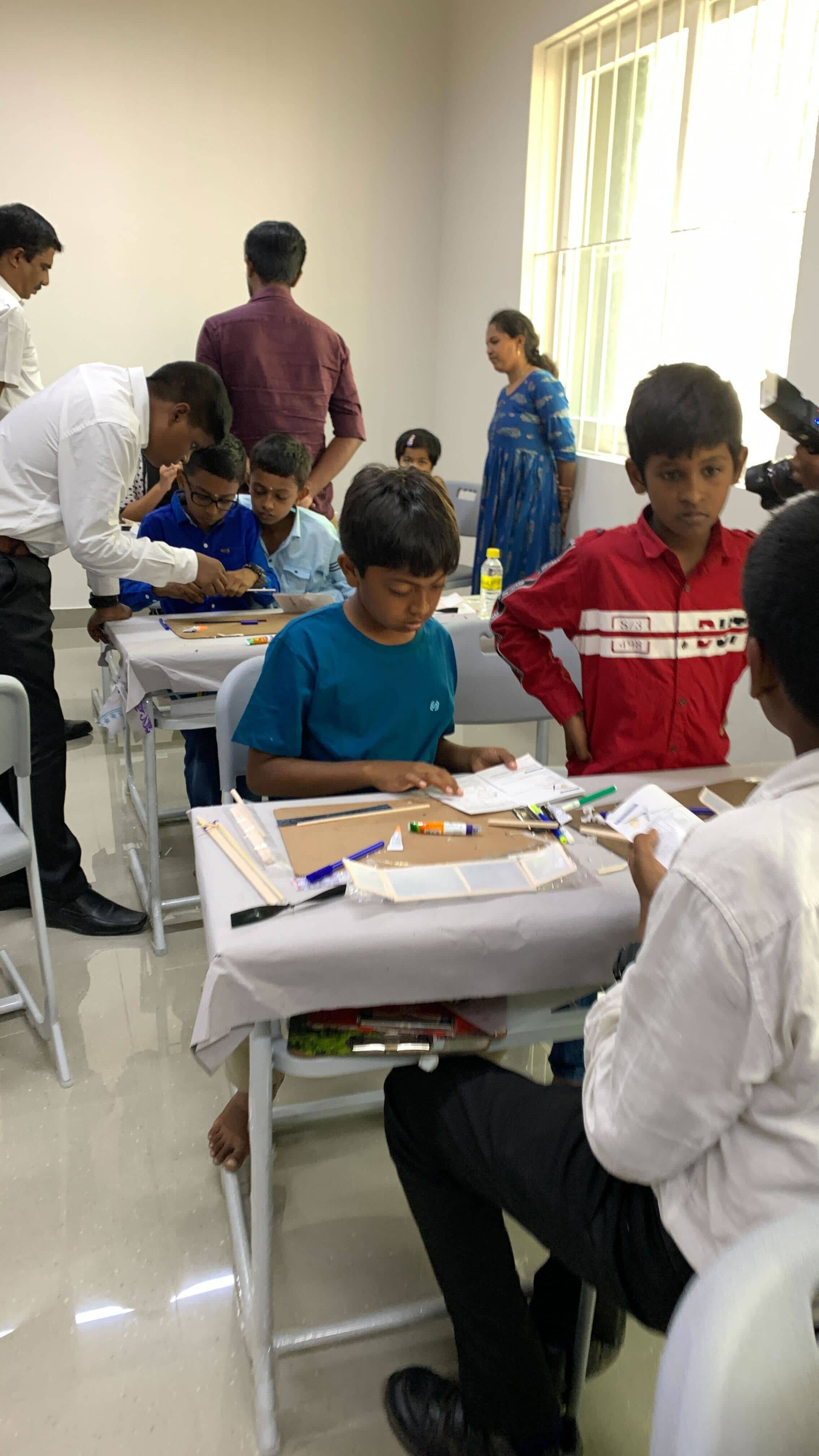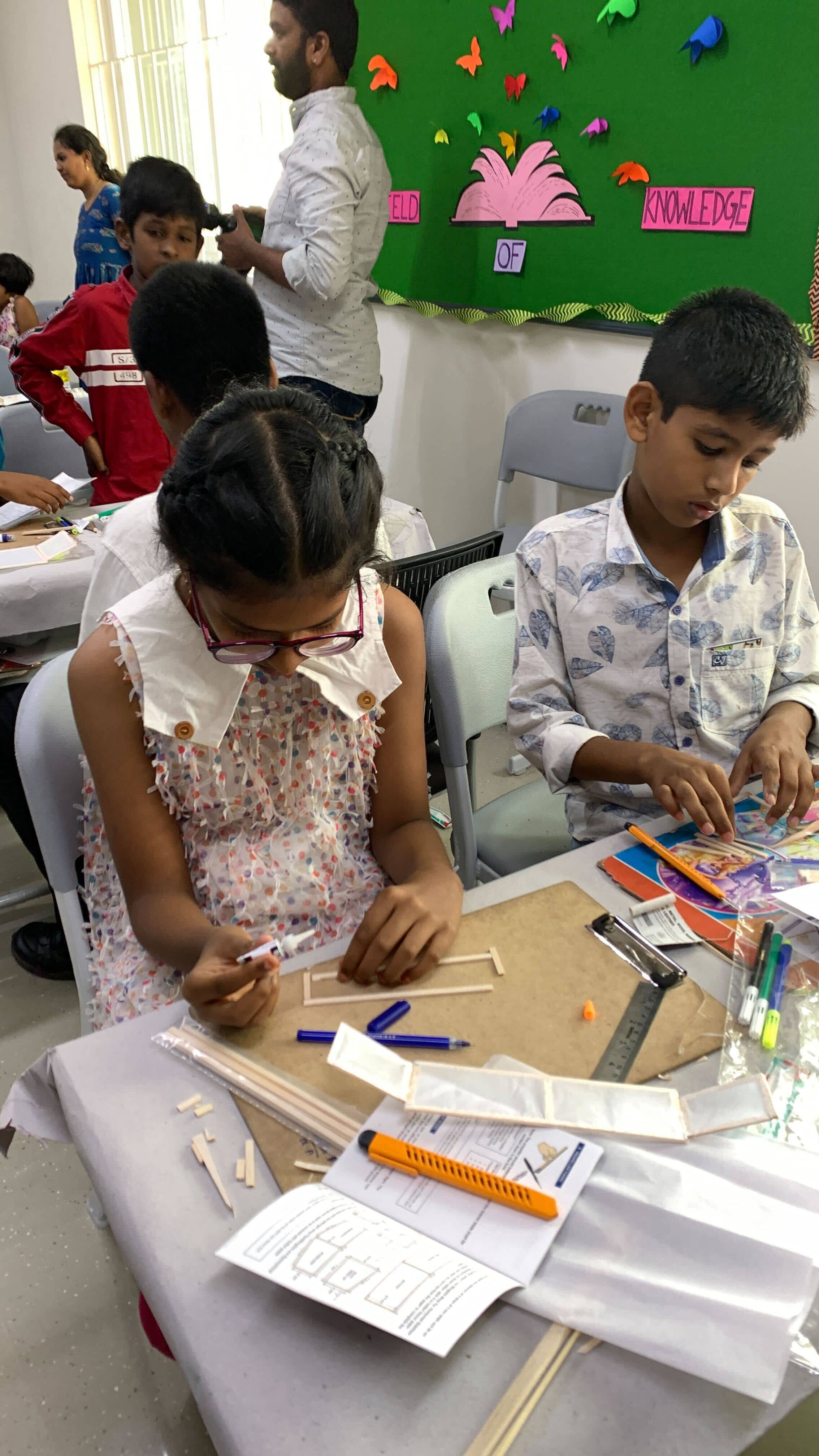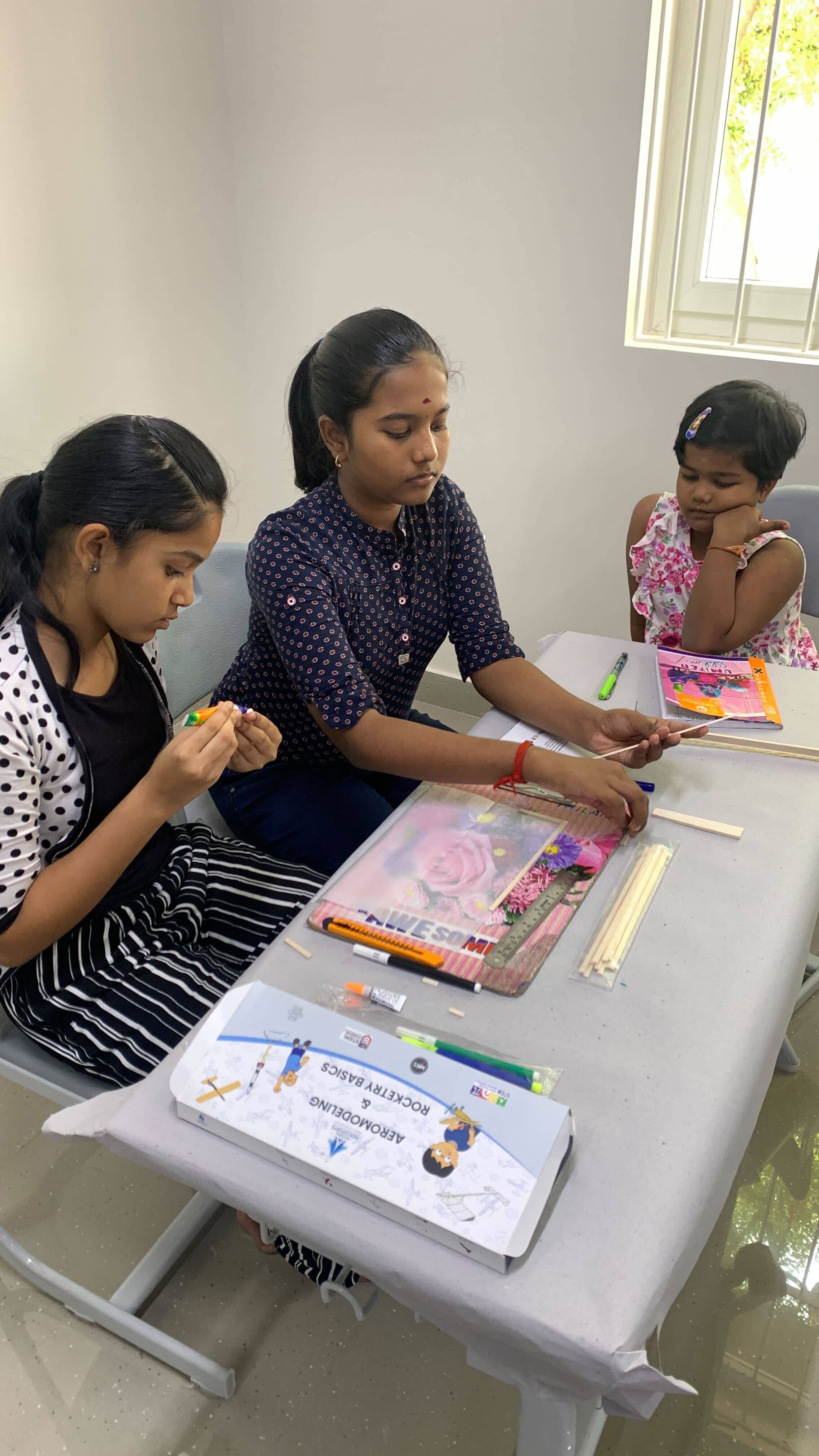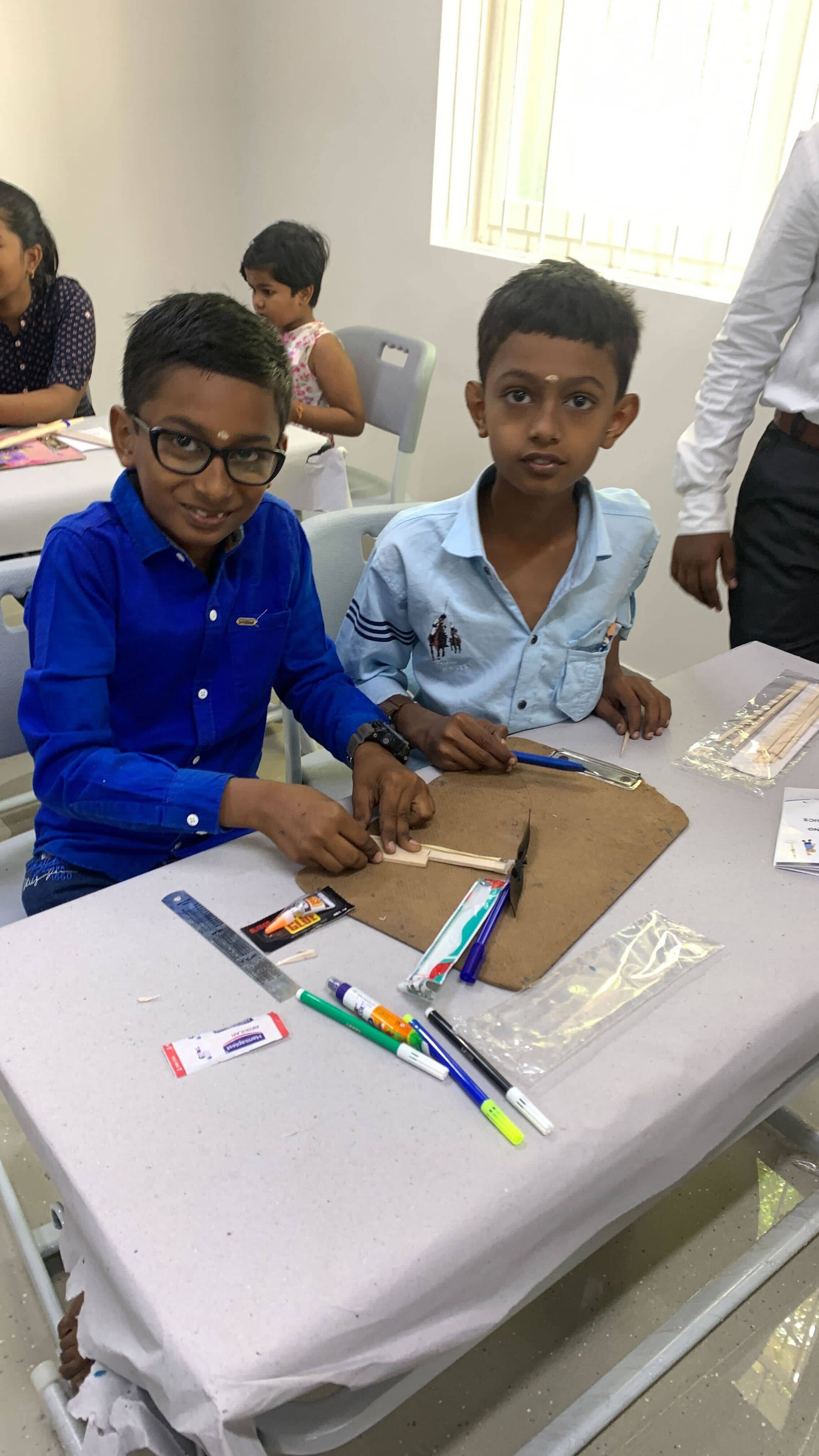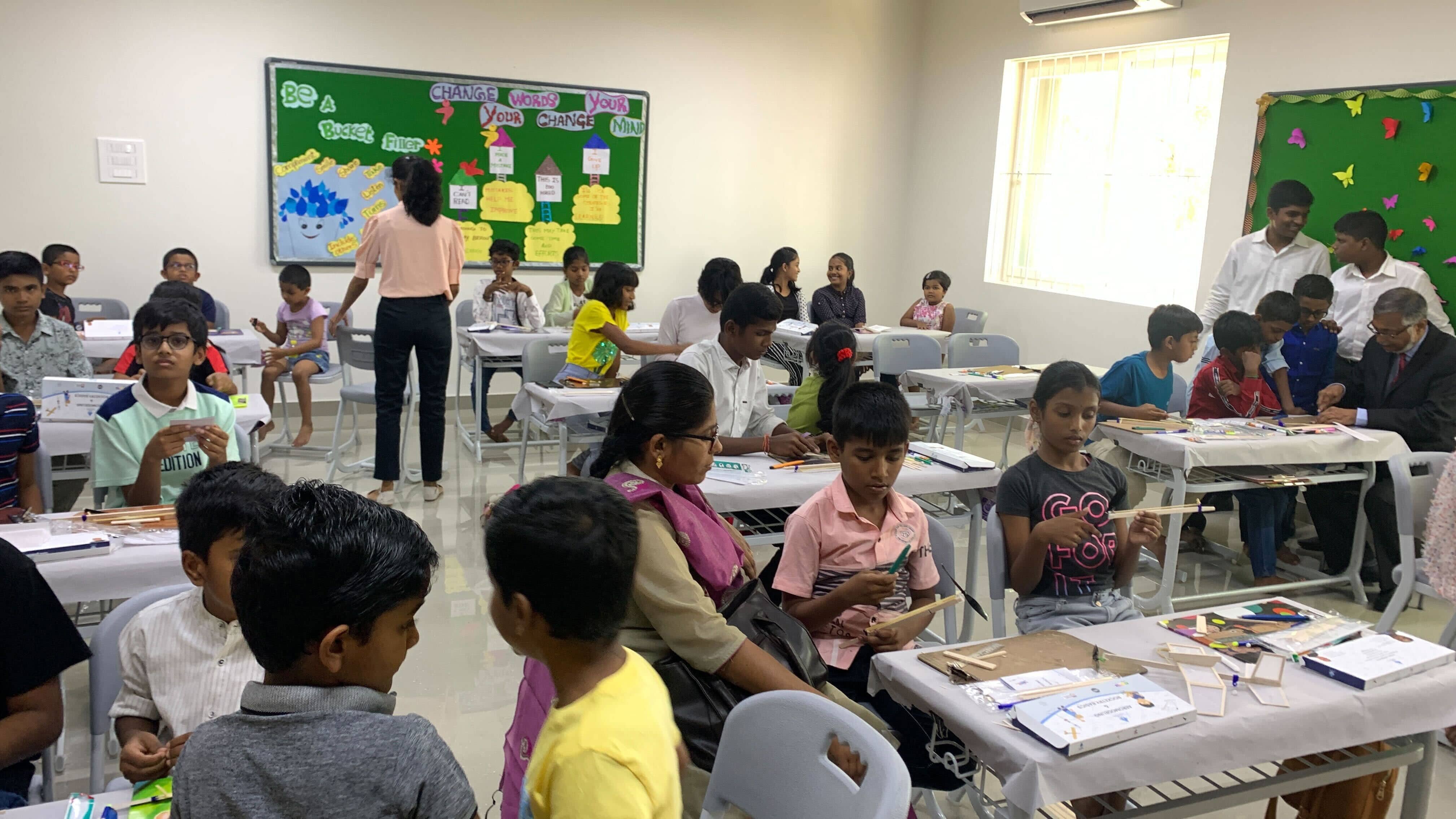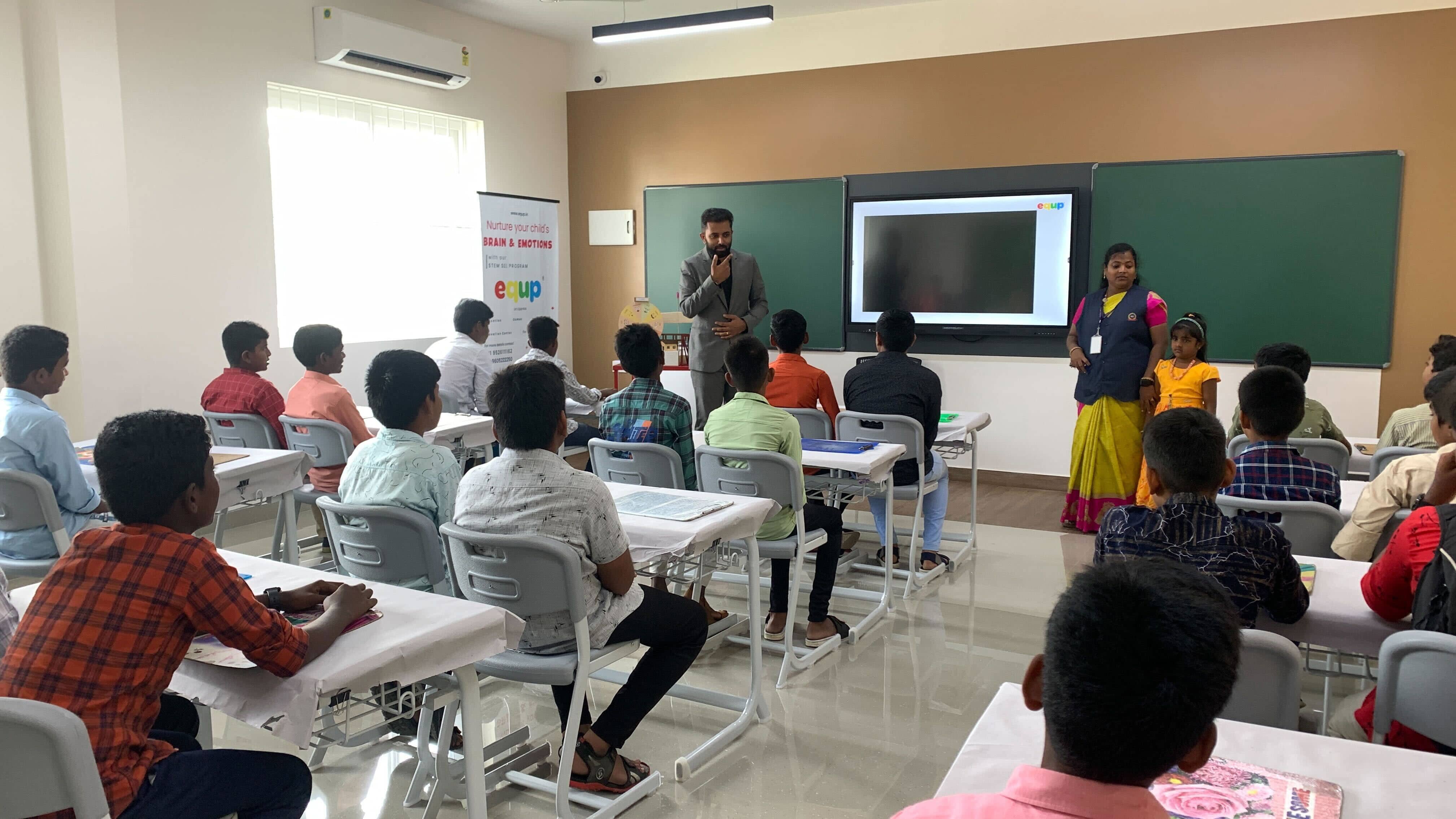About Us
VISION
To cultivate an emotionally intelligent and productive generation that is mindful of its individual responsibilities and strives for the healthy development of the society.
MISSION
To establish a solid emotional foundation in children with prime focus on life skill training that ensures their holistic development.
BACKDROP
In his book ‘Emotional Intelligence’, psychologist Daniel Goleman says, "emotions are instant plans for handling life." The word emotion comes from the Latin word ‘motere’ which means ‘to move’ and explains the behavioural meaning of the word that suggests the tendency to act in every emotion. It is only in “civilized” adults that the root impulse to act is divorced from obvious reaction. To achieve that, emotional literacy is an indispensable aspect.
EQUP bears the concept of modern education that deviates from the conventional methods of pedagogy. EQUP strives to have an extensive effect on the EQ of the students thereby helping them to explore their optimum skills in practical life. We make it a point to introduce novel learning techniques and urge the students to enhance their problem-solving skills as well as cognitive and behavioural output. We aim to make a difference in the teaching and parenting domain so as to equip children under different age groups to face real life problems that are likely to bog them down in the future. We call the attention of every authority that addresses this issue of intolerance and lack of EQ in children to mould a better generation.
We envision the revival of an effective educational system and put a novel effort towards the students’ emotional fulfilment along with the promise of equipping them to face the hurdles in life.
This is how SUPER EQ EQUP Kids look like.
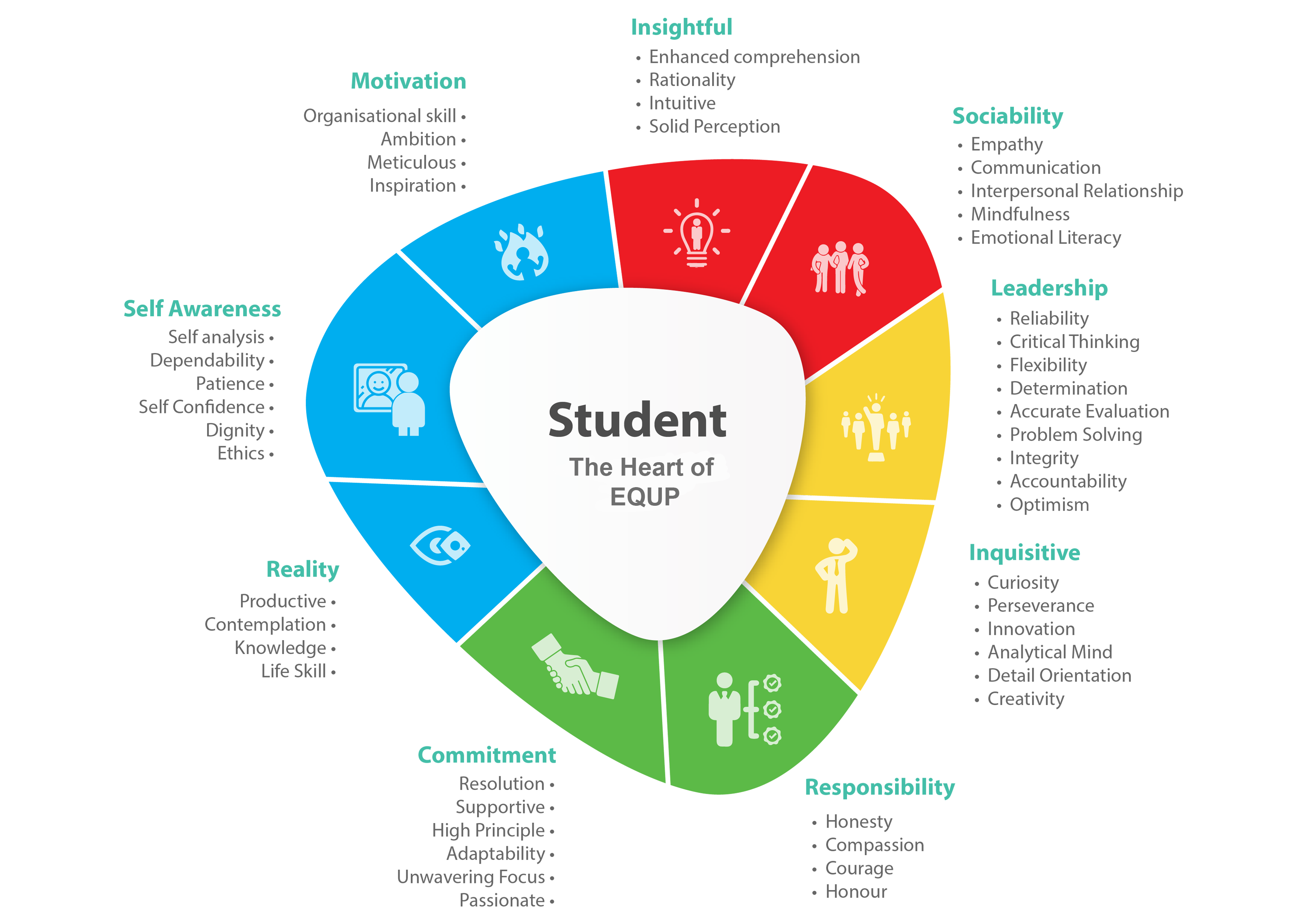
Our Programs
Education
Let's equip kids.
Early Life Skill Center
Make human humane.
Innovation Center
The new pulse of practical learning.
Games
Little fun for a better future.
Research Lab
Where technology meets quality education
Community
A flint to the fire in you.
Our Amazing Clients








Gallery
Our Recognition

Founded in 2001, STEM.org Educational Research™ (SER) is the longest continually operating, privately-held STEM education research and credentialing organization in America.

Startup India is a flagship initiative of the Government of India, intended to catalyse startup culture and build a strong and inclusive ecosystem for innovation and entrepreneurship in India.

Kerala Startup Mission is the central agency of the Government of Kerala for entrepreneurship development and incubation activities in Kerala, India. Our mission is to support entrepreneurs and startups by providing access to resources, infrastructure and expertise.
Our Presence in




Frequently Asked Questions
Emotional intelligence (EQ) is defined as "the capacity to be aware of, control, and express one's emotions, and to handle interpersonal relationships judiciously and empathetically." EQ allows you to monitor your own emotions and those of the people around you. It helps you to discriminate between different emotions in order to guide your thinking and behaviour. Someone with a high level of EQ will be able to understand why they feel how they do, and how their emotions can affect other people. Emotional intelligence is the ability to sense, understand and effectively apply the power and acumen of emotions to facilitate high levels of collaboration and productivity.
Emotional intelligence, or emotional quotient (EQ), is an individual's ability to identify, evaluate, control, and express emotions. IQ, the intelligence quotient, is used to determine academic abilities. EQ is said to be a better indicator of success in the workplace, with it being used to identify leaders, team players, and people who work best alone. EQ is used to identify ones own emotions, evaluate and regulate emotions, perceive and assess others' emotions, use emotions to facilitate thinking, and understand the meaning behind emotions. IQ is the ability to learn, understand, and apply information to skills, use logical reasoning, understand words and math, use abstract and spatial thinking, and filter irrelevant information.
Emotional self-awareness is your key to being a happy, content person who relates well to others and is the foundation for self-management, social awareness and relational management. Distressing emotions that are not managed well affect your ability to think, focus and get work done. Conflicts with others will not be successfully resolved without addressing well the emotions that produced the conflict and the pain associated with it.
EQ has a long history going back to the 1920’s. Daniel Goleman’s 1995 best seller Emotional Intelligence, Why it Can Matter More than IQ, put EQ on center stage and the cover of Time Magazine. Dr. Cary Cherniss’s white paper, Emotional Intelligence: What is it and Why it Matters, details the history and explanation of Emotional Intelligence in more detail.
There isn't a clear understanding of the link between genetics and emotional intelligence, however it has been shown that individuals have the capacity to develop emotional intelligence given one's "awareness, opportunities, and environment (source)." Many techniques can be learned and practiced to help develop the core aspects of emotional intelligence, these include: self-control, motivation, persistence, and empathy. Different models emphasize slightly different aspects. One Model suggests that we all have a genetically pre-determined capacity for processing emotions and their assessment tool seems to be more like an IQ test in which the respondent is unlikely to obtain a higher score despite focused development efforts. On the other hand, some other are quite clear that their focus is learned competencies. However, personality type and/or other factors may predispose individuals to certain learned ‘EI skills.’
Yes, unlike IQ, EQ is a dynamic skill which can be improved upon by training, coaching and experience. You can learn to understand what your emotional “triggers” are that result in your loss of behavioural control, and create emotional strategies to help you develop ways to handle these situations and act in a more productive way.
Emotional intelligence can be developed through didactic instruction, role modelling, and direct experience. It can also be developed by experiencing the emotional intelligence of others. Children, for example, can grow to the level of emotional intelligence of their parents by experiencing and feeling their parents' capacity to manage emotional experiences and act effectively on their emotions. Feedback and repetition are important in emotional intelligence development.
Having high emotional intelligence can help you succeed by leading to great effectiveness, improving your empathy and understanding of other people, having a higher ability to work successfully with others, and letting go of the desire to be "right" in favour of finding the best possible solution.
Being self-aware means having a clear picture of your strengths and weaknesses. Being able to self-regulate means acting out of intention, instead of reacting out of emotion .When difficult issues come up with the business, these skills allow you to think more rationally and interact with your team calmly. As a social being, emotional intelligence can help you handle stressful projects, get along with co-workers, monitor your own performance, and stay motivated. The emotional climate of our workplace either supports or deteriorates performance.
Your emotions are fundamental to decision making; they drive your actions. By understanding how your emotions are influencing your choices you can learn to pause, recognize what you are feeling and think before responding.
Here are some signs of high emotional intelligence:
* Thinking about your feelings and the feelings of those around you.
* Ability to take a moment before reacting.
* Striving to control your thoughts.
* Benefiting from criticism, even when delivered poorly.
* Showing authenticity.
* Praising others.
* Showing empathy.
* Giving helpful feedback.
* Forgiving others and yourself.
* Being able to apologize.
* Keeping your commitments.
* Helping others.
* Protecting yourself from emotional sabotage.
* Sticking with your values.
* Striving to improve your communication skills.
* Slow down: When you experience a strong emotion, take a moment to examine why. This will allow you to choose how you would like to react.
* Know your values: Know where you will not compromise, and why. By knowing your own "code of ethics" it will allow you to react more easily when you face a moral or ethical question.
* Hold yourself accountable: Don't blame others when something you do goes wrong. Know your role in the situation, and face the consequences.
* Practice being calm: In your next challenging situation take a moment to become aware of how you would like to react.
* Remember why you started: Keep this in your mind so it make easy to remember when a stressful situation arises.
* Find the good: Being optimistic can be difficult, but it can make it easier to handle many emotional situations. Try to find at least one good thing in a challenge you face.
* Put yourself in someone else's shoes: Remember that not everyone has the same perspective of you. Knowing why someone is acting how they are can help us formulate a more proactive response.
* Watch body language: Even though you may not be speaking your mind, your body language can say a lot to a colleague about how you're really feeling.
* Learn conflict resolution strategies: Learn how to resolve conflicts with colleagues, team members, customers, vendors, and any other stakeholders.
* Improve your communication: Reflecting on your communication style and areas for improvement can help regulate the emotions that arise during meetings, reviews, and so on.
EQUP Education® is an Emotional Intelligence focused system and primarily tries to develop and looks at two core areas of emotional intelligence: intrapersonal skills and interpersonal skills through the activities and learning process.
Intrapersonal Skills refer to the ability to understand oneself.
* Self-Awareness: The ability to recognize and understand your moods, emotions, and drives, as well as their effect on others
* Self-Regulation: The ability to control or redirect disruptive impulses and moods and the propensity to suspend judgment and think before acting
* Motivation: A passion to work for reasons that go beyond money or status and a propensity to pursue goals with energy and persistence
Interpersonal Skills refer to the ability to identify and understand how to effectively relate to and work with others.
* Empathy: The ability to understand the emotional makeup of other people
* Social Skills: A proficiency in managing relationships and building networks
We offer the activities and learning system that mainly intended to develop Emotional Intelligence in young generation who are passionately looking for their future and field which they are interested. We use the EQ based extracurricular exertions as a first step in the process of EQ development. Individuals are able to assess their own EQ first, and then, through coaching, we review their results and support the children to identify the EQ competencies they want to focus on to improve their effectiveness. The EQUP Education is used to deepen the learning by comparing the individual’s own assessment of their EQ with raters who see them ‘in action’ on a regular basis. This additional information is extremely helpful and leads to greater learning, growth, and development.


